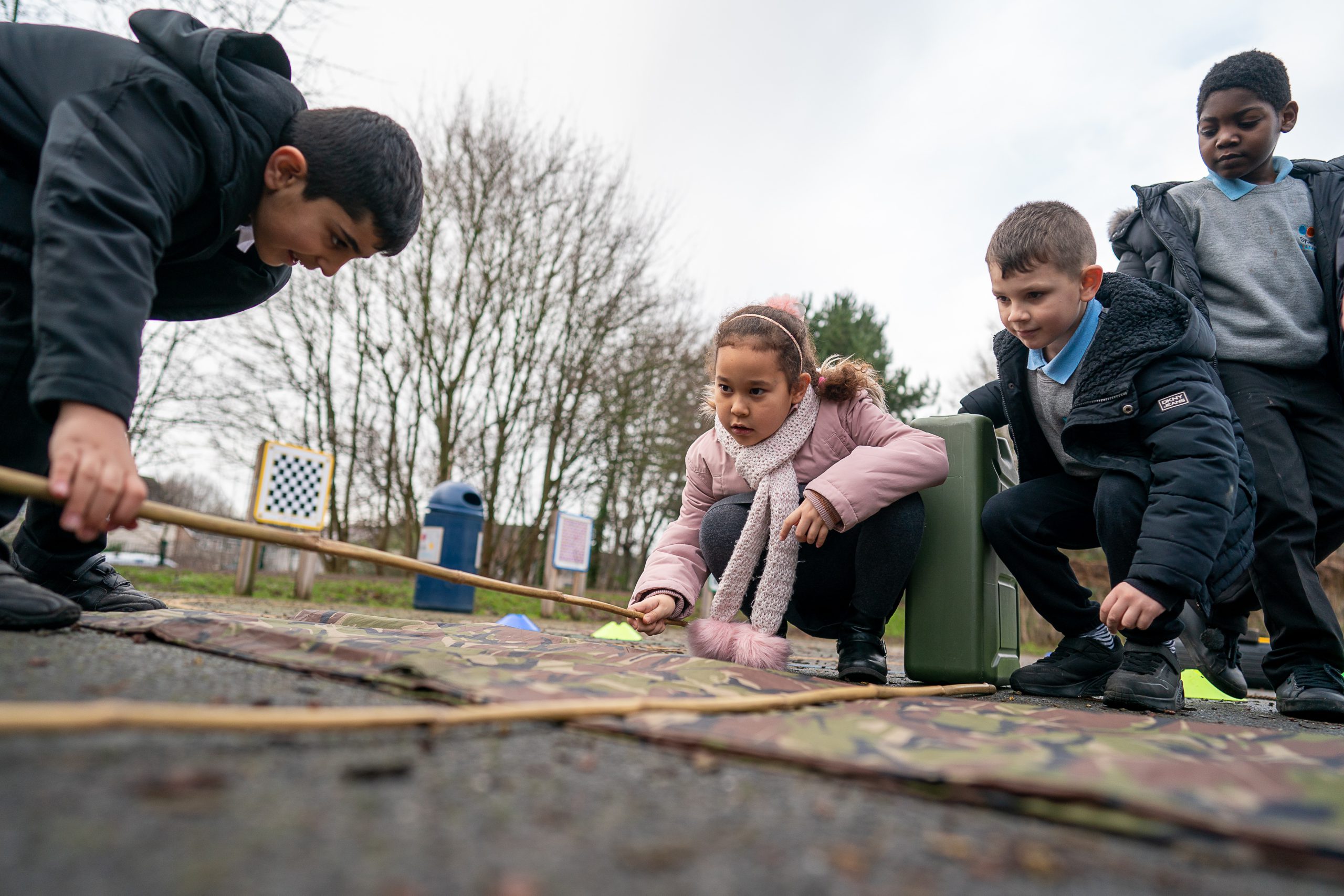Personal, social, health and economic (PSHE) education is an important and necessary part of all pupils’ education. All schools should teach PSHE, drawing on good practice, and this expectation is outlined in the introduction to the proposed new national curriculum.
PSHE is a non-statutory subject. To allow teachers the flexibility to deliver high-quality PSHE we consider it unnecessary to provide new standardised frameworks or programmes of study. PSHE can encompass many areas of study. Teachers are best placed to understand the needs of their pupils and do not need additional central prescription.
However, while we believe that it is for schools to tailor their local PSHE programme to reflect the needs of their pupils, we expect schools to use their PSHE education programme to equip pupils with a sound understanding of risk and with the knowledge and skills necessary to make safe and informed decisions.
Schools should seek to use PSHE education to build, where appropriate, on the statutory content already outlined in the national curriculum, the basic school curriculum and in statutory guidance on: drug education, financial education, sex and relationship education (SRE) and the importance of physical activity and diet for a healthy lifestyle.
Relationships and sex education (RSE) is an important part of PSHE education. Relationships education is compulsory for all primary school pupils and relationships and sex education (RSE) is compulsory for all secondary school pupils.
(Department for Education: Updated statutory guidance came into effect in September 2020.)

Personal, Social and Health Education, or PSHE helps to give pupils the knowledge, skills and understanding they need to lead confident, healthy, independent lives, in order to become active and responsible citizens. PSHE aims to help the children understand how they are developing personally and socially, tackling many of the moral, social and cultural issues that are part of growing up. The promotion of pupils’ personal development (which includes their social development) is a fundamental aspect of education and underpins all other learning.
Under the guidance issued by the Department of Education, in September 2020, Relationships Education (RSE) at primary school is compulsory. RSE enhances and is enhanced by learning related to topics including anti-bullying; keeping safe on and off line; keeping physically and mentally healthy, learning about drugs, alcohol and tobacco; and the development of skills and attributes such as communication skills, managing peer pressure, risk management, resilience and decision making.
PSHE is embedded within our curriculum and is taught daily through assemblies, class assemblies, class discussions and circle times. It is also taught as and when issues arise ensuring time is made within the curriculum to meet the needs of the children. PSHE also takes place during planned learning on a weekly basis. RSE is taught within the personal, social and health (PSHE) education curriculum. Some biological aspects of relationship education are also taught within our science curriculum and internet safety taught within our ICT curriculum.
At Sycamore Academy, our main PSHE curriculum is provided by Coram Life Education, SCARF. This programme, developed by teachers, is centred on a values-based and ‘Growth Mind-set’ approach. SCARF’s online resources support the promotion of positive behaviour, mental health, wellbeing, resilience and achievement.
At Sycamore Academy we also incorporate ‘Votes for Schools’, a two-part programme that provides resources on a weekly basis & allows children to vote. The children are given a yes/no question and encouraged to discuss their answers. It was designed to cover areas that schools may find difficult to evidence. Votes for Schools covers SMSC, British Values, the Prevent strategy & the new Personal Development criteria. Voting is a vital part of the Votes for Schools programme. It gives young people a voice & helps to educate organisations, charities & people in Government about what the next generation of voters care about.
As part of our SCARF planning, our PSHE teaching is broken up into different topics.
Specifically related to Relationship Education, in each Year Group (Reception-Year 6) the children discuss key safeguarding issues linked personal space and privacy. The school utilises the NSPCC resources to promote children’s awareness of these issues in an age appropriate manner. The teachers sensitively ensure children are aware and understand of the boundaries that should exist linked to the private areas of their body.
Sycamore Academy aims for every child to: